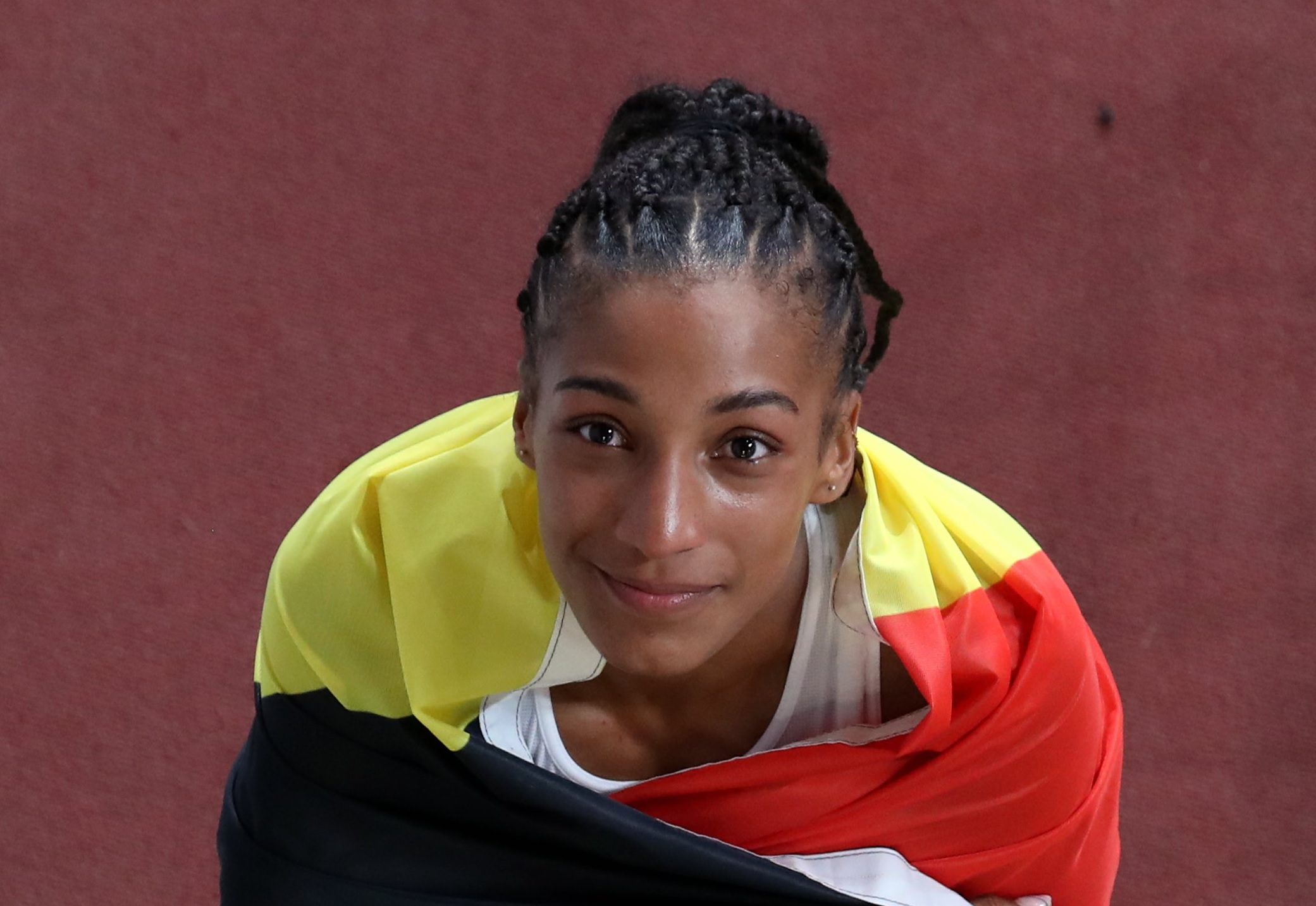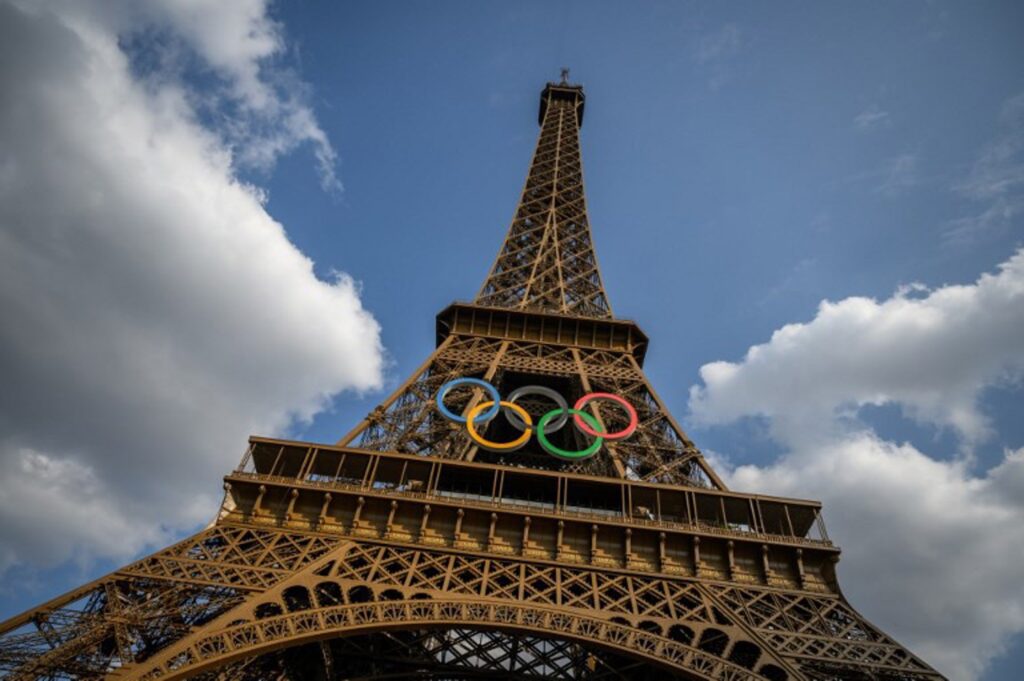While the Olympics' famous motto states that participating is more important than winning, many countries reward their medal-winning athletes with large sums of prize money. How much do Belgian athletes receive when they win?
The Belgian Olympic and Interfederal Committee (BOIC), funded by the National Lottery, gives a premium of €50,000 for individual athletes winning a gold medal. Athletes with silver medals earn a €30,000 bonus and those with bronze receive €20,000.
Athletes who fall just short of the podium also receive a financial reward: those who finish fourth receive €10,000, and those in fifth to eighth place are given €5,000.
An Olympic first
In team sports, the premiums per athlete are €12,500 for gold, €7,500 for silver and €5,000 for bronze. Coaches are also rewarded with a sum of up to 25% of the amount collected by the athlete if they win a medal.
For the first time, Team Belgium's paralympic athletes who win a medal will receive the same bonus as regular athletes. Paralympic coaches will also see their compensation increased from 10% to 25%.
All these figures are gross amounts. After the Olympic Games in Tokyo, Belgian athletes enjoyed a favourable tax rate of 16.5% but it is not yet clear whether that will apply this year as well.

Heptathlete Nafissatou Thiam. Credit: Belga
So far, prize money at the Olympics has been purely a matter for national federations or governments. Unlike other major sporting events (such as the FIFA World Cup), the organisation does not pay out financial bonuses.
In Paris, however, this is changing: a few months ago, the international athletics federation World Athletics announced that it would pay all Olympic gold winners an extra cash bonus of $50,000 (about €46,000). Following the example of athletics, the International Boxing Association has also provided a hefty extra prize pool: €94,000 for gold, €46,000 for silver and €23,000 for bronze.
How much do other countries pay?
As the host country, France has firmly raised its Olympic premiums: the reward for gold has risen from €65,000 to €80,000, silver has gone up from €25,000 to €40,000 and bronze has increased from €15,000 to €20,000.
The bonuses in the Netherlands are slightly lower: €30,000 (gold), €22,500 (silver) and €15,000 (bronze). Additionally, the country has adjusted its reward rules so that athletes who win in several disciplines (such as both the 100 m and the 200 m sprint, for example) will not receive extra money if they win another medal.
In Germany, the sums are comparatively low and have also remained the same compared to four years ago: €20,000 for gold, €15,000 for silver and €10,000 for bronze.
In Italy, by contrast, the sums are remarkably high: Olympic gold winners receive €180,000, silver-medallists earn €90,000 and bronze-medallists receive €60,000.
Related News
- The relay baton passes to Dylan, the last Borlée brother
- When the Games were in Antwerp
- Four times gold: Belgium predicted 12 medals in Paris Olympics
Other countries are more creative with their prizes for athletes. Poland, for example, awards Olympic gold winners not only with a €60,000 bonus, but also with a diamond, a travel cheque for two worth €25,000, a portrait painted by a well-known artist and a two-bedroom flat in Warsaw.
Others such as the United Kingdom, Norway and Sweden do not award any bonus at all to athletes who bring home medals: they compete purely for the honour of winning and representing their country.

